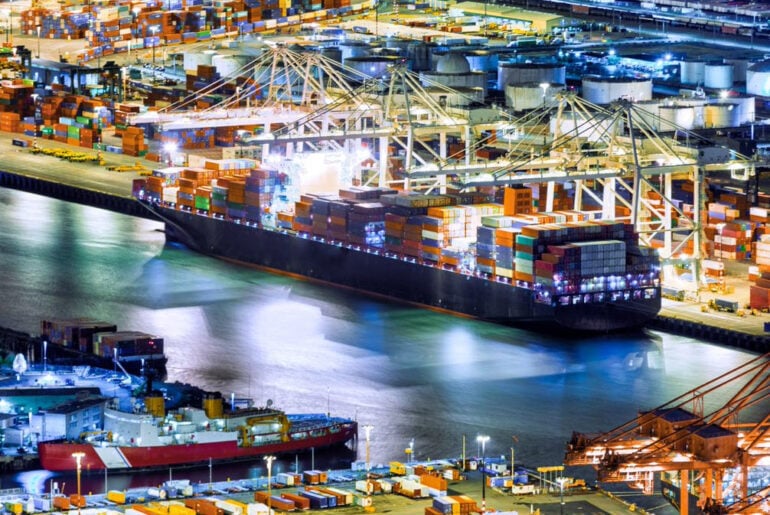Baker McKenzie’s Sanctions Blog published the alert titled Blog Series: Sanctions Enforcement Around the World – Five Eyes Partners agree to coordinate enforcement on export controls on 11 July 2023. Read the article via the link here. Please also visit our Sanctions Blog for the most recent updates.
In May 2022, the Indo-Pacific Economic Framework for Prosperity (IPEF) was launched between Australia, Brunei, Fiji, India, Indonesia, Japan, South Korea, Malaysia, New Zealand, the Philippines, Singapore, Thailand, the US and Vietnam. On account of its specified focus on labor standards and issues, IPEF is likely to have an ongoing impact on labor regulations and trends among partner countries, including Vietnam.
Regulators and courts in common law jurisdictions around the world are being given significant and increasing powers to impose financial penalties without traditional criminal law safeguards. Competition law has been particularly susceptible to arguments that traditional safeguards should be discarded to aid regulators in securing convictions. In the first competition case to go to trial in Hong Kong, the Competition Tribunal held in 2019 that in competition proceedings seeking financial penalties, the authority had the burden to prove its case beyond reasonable doubt. This article considers the approach taken in other common law jurisdictions and scope to argue for increased safeguards and human rights protections for clients facing financial penalties.
On 30 August 2022, the Indonesian House of Representatives agreed to pass a law ratifying the Regional Comprehensive Economic Partnership, the largest regional free trade agreement outside the World Trade Organization — involving 10 ASEAN countries and five non-ASEAN countries, i.e., China, New Zealand, Australia, Japan and South Korea. With the passing of this law, which still requires promulgation by the President, RCEP is set to come into force for Indonesia, possibly before the end of the year.
The UK government has introduced a bill to help bring into force the UK-Australia and the UK-New Zealand Free Trade Agreements (“FTAs“).
The bill is a key step in ratifying the FTAs but before they come into force, Parliament must scrutinise the FTAs, agree the bill and pass secondary legislation to make the changes required to the UK’s procurement regime to meet the terms of the FTAs.
Representatives of the EU and New Zealand held negotiations from 14 to 31 March 2022, discussing most areas of the future free trade agreement between the jurisdictions. According to a two-pager published by the European Commission, EU’s request to be exempt from New Zealand’s import customs fees is the only outstanding element in the text as far as the topic “Trade in goods” is concerned.
In continuation of Baker McKenzie’s Asia Pacific webinar series on the business impact of COVID-19, we bring you another panel of legal practitioners to share practical insights on further issues that impact your businesses. In this webinar, we reflect on supply chain impacts and discuss ways in which businesses are…
Despite geopolitical shifts, uncertainty and various factors that seem to affect numerous sectors, the global luxury and fashion…
We have summarized the results of the compliance studies of the past 12 months and summarized the results in this post. Find out how you measure up against the benchmark.
Transparency International has launched its latest 2016 Corruption Perception Index. China’s ranking continues to improve, moving up by four places from last year’s rank of 83 to a rank this year of 79. Find out more about the other highlights.



